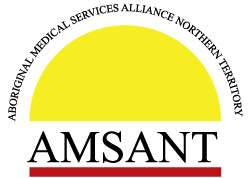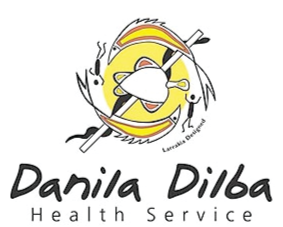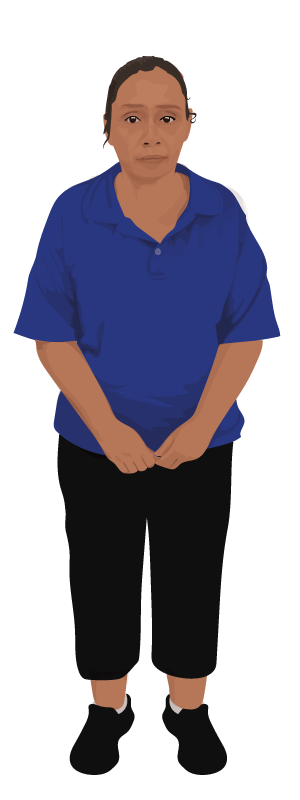Working well 4: Common misunderstandings between GPs and other staff at Aboriginal Community Controlled Health Services
This resource is part of a series of online 'Working Well' resources designed to assist GP Registrars and other health professionals working in Aboriginal Community Controlled Health Services (ACCHSs).
You will hear stories and perspectives from a range of people with experience of working in Aboriginal Health in one way or another. We hope this will help you in finding your feet as you contemplate working in ACCHSs in the future.
The resource can be used on your own, in a small group or with a Supervisor. Find out more information about how to use this resource or just click the 'Start' button to begin.
See the full list of Working Well resources.
This project has been funded by The Australian Government Department of Health and Aged Care and was developed by Northern Territory General Practice Education with assistance from AMSANT and the Danila Dilba Health Service (DDHS). Many thanks to all the contributors.





